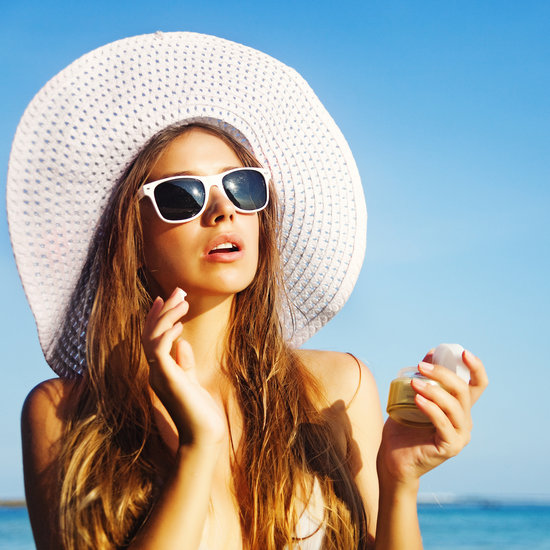
We see it on sunscreens, moisturisers and even on our makeup. But, what does SPF mean? What does it stand for? What does it do? And, why is it so important? Let’s find out…
SPF stands for Sun Protection Factor. This factor represents how much longer it will take the skin to burn with the specified SPF than it would take to burn with no protection at all.
SPF numbers can range anywhere from 2 to 70. This number is a measure of how well a product will protect your skin from UVB rays, UVB being the ultraviolet rays that cause sunburn, damage skin and contribute to skin cancer.
For instance, if your skin normally starts to burn after 10 minutes spent in the sun, applying a sunscreen with an SPF of 15 would increase that time by a factor of 15, allowing you to stay in the sun 15 times longer than you could without protection. This means you could stay in the sun for about 150 minutes. This is, however, a very rough estimate. So, you shouldn’t rely on SPF to gauge how much time you can spend in the sun.

There is a multitude of factors that affect how well you are protected from the sun. Some of which are:
- Your skin type/tone – fair skin is more likely to burn faster than darker skin.
- The intensity of the sunlight – note that UVB rays are strongest between 10am and 4pm.
- The amount of sunscreen used – whether you apply your sunscreen evenly and regularly influence its effectiveness.
- How active you are – sweating, exposure to water or any kind of physical activity can wear sunscreen off easily, which can leave parts of your skin vulnerable to UV rays.
- Certain medications, such as antibiotics, can make your skin more sensitive to the effects of the sunlight.
 You should also keep in mind that SPF only applies to UVB protection. UVA rays, which has more long-term damaging effects on the skin, such as premature aging, is not measured through these numbers at all. Although UVA rays are milder, it is still not safe. UVA, along with UVB exposure, may increase the risk or facilitate skin cancer. There are, however, until recently, sunscreens with broad-spectrum protection, which contain ingredients such as zinc oxide and titanium dioxide that are known to block UVB and UVA rays. But, there is no standard measurement for how long these ingredients will keep you protected.
You should also keep in mind that SPF only applies to UVB protection. UVA rays, which has more long-term damaging effects on the skin, such as premature aging, is not measured through these numbers at all. Although UVA rays are milder, it is still not safe. UVA, along with UVB exposure, may increase the risk or facilitate skin cancer. There are, however, until recently, sunscreens with broad-spectrum protection, which contain ingredients such as zinc oxide and titanium dioxide that are known to block UVB and UVA rays. But, there is no standard measurement for how long these ingredients will keep you protected.
While knowing the strength of your sunscreen is important, remembering to apply your sunscreen frequently should take priority. Choose a sunscreen that protects against both UVA and UVB rays, reapply your sunscreen at least every hour, don’t skimp and always combine your source of protection with protective clothing, hats and sunglasses.
Article by: Kelly Abrahams

